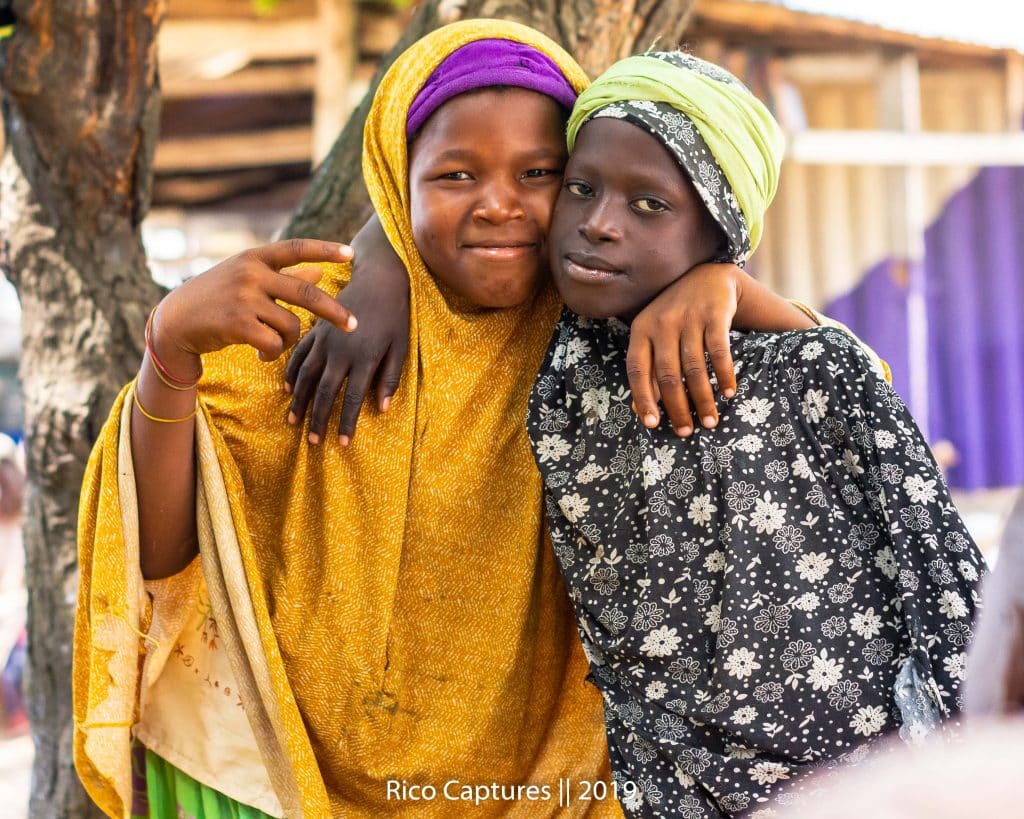Gender-based violence is a pervasive issue that affects individuals across the globe, irrespective of age, ethnicity, or socioeconomic status. Among those most vulnerable to this form of violence are female street children. These young girls face a unique set of challenges, including poverty, homelessness, and limited access to education, which make them particularly susceptible to various forms of abuse and exploitation.
Female street children are a marginalized group, often lacking the support and protection of stable families or social structures. They are forced to navigate the harsh realities of life on the streets, where they encounter a myriad of dangers, including physical, sexual, and emotional violence. Due to their vulnerable status, these girls become easy targets for perpetrators who seek to exploit their circumstances for their own gain.
One of the most alarming aspects of gender-based violence faced by female street children is sexual exploitation. These girls are often coerced or forced into engaging in sexual acts in exchange for food, shelter, or money. The absence of a safe and secure environment exposes them to the risk of sexual abuse, rape, and trafficking. Moreover, these girls lack access to reproductive healthcare and are at a higher risk of contracting sexually transmitted infections, including HIV/AIDS.
Another form of violence that plagues female street children is physical abuse. They frequently experience physical violence at the hands of other street dwellers, law enforcement officials, or even members of the general public. Living in the streets exposes them to dangerous situations and conflicts, where they become victims of physical altercations and abuse. Their vulnerable position often leaves them defenseless and without the means to seek justice or protection.
Additionally, female street children are also subjected to emotional violence. They endure the daily struggle of surviving on the streets, which takes a toll on their mental well-being. The constant exposure to violence, neglect, and rejection leaves them emotionally scarred. Furthermore, the stigma associated with their status as street children often leads to social isolation and further exacerbates their emotional distress.
Addressing the issue of gender-based violence against female street children requires a multifaceted approach. Firstly, it is essential to create safe spaces where these girls can seek refuge and find protection from abuse. Shelters, drop-in centers, and outreach programs should be established to provide a secure environment where they can access basic necessities, counseling services, and education.
Education plays a crucial role in breaking the cycle of violence and providing female street children with opportunities for a better future. Accessible and inclusive education programs tailored to their needs can empower these girls, equipping them with the knowledge and skills necessary to improve their circumstances. Education also plays a pivotal role in raising awareness about their rights, fostering self-esteem, and instilling a sense of agency within them.
Socioeconomic empowerment is another vital component in addressing gender-based violence among female street children. Initiatives that provide vocational training, job placement, and entrepreneurial opportunities can enable these girls to become financially independent and reduce their reliance on exploitative situations.
Efforts should also be made to change societal attitudes and challenge the stereotypes that contribute to the vulnerability of female street children. Raising awareness about the rights and challenges faced by these girls is crucial in garnering support from communities, policymakers, and stakeholders. Advocacy campaigns can contribute to the implementation of effective policies, legislation, and social programs that protect the rights of female street children and hold perpetrators accountable.
In conclusion, gender-based violence against female street children is a deeply concerning issue that demands urgent attention. These girls face multiple forms of abuse, including sexual exploitation, physical violence, and emotional distress. Tackling this problem requires comprehensive strategies that provide safe spaces, education, empowerment, and societal transformation. By addressing the root causes of violence and prioritizing the rights and well-being of these vulnerable girls, we can work towards a more inclusive and just society, free from gender-based violence.
WHAT’S OUT THERE: Gender-based violence: Care & protection of children in emergencies








